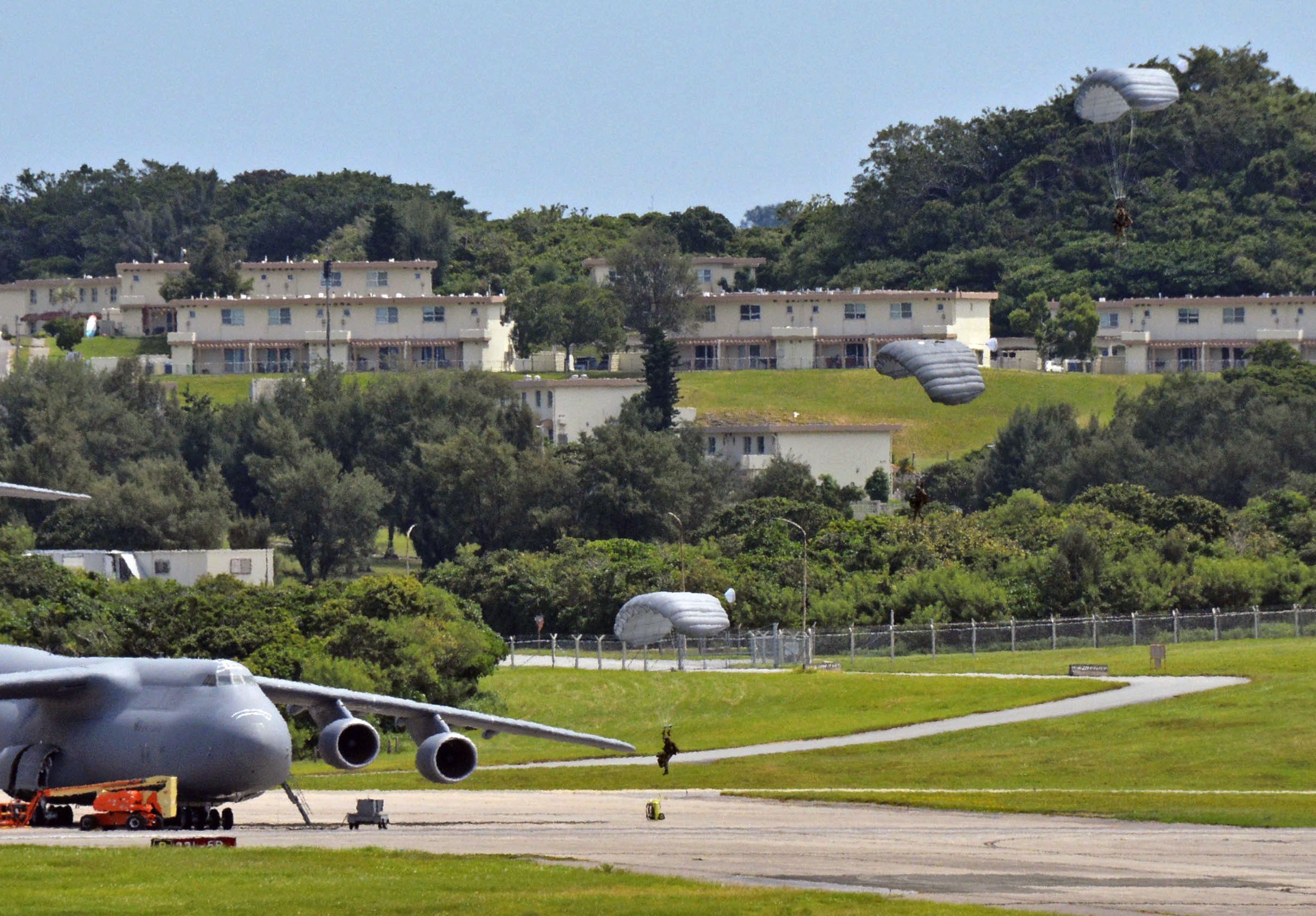Japan must ‘resolutely reject’ Trump’s US military cost demand: ex-minister
‘Japan has already been paying more than enough for defence,’ Seiji Maehara says

Japan needs to firmly refuse US President Donald Trump’s calls for Tokyo to increase what it pays to keep American military bases in the country, a former Japanese foreign minister said, a day before the second round of talks over tariffs between the allies.
“Japan has already been paying more than enough for defence,” Seiji Maehara, now co-leader of the opposition Ishin party, said in an interview in Washington on Wednesday. “We should resolutely reject the US request to increase the cost of supporting American bases,” he said.
The expense of US military bases has been brought up by Trump amid negotiations over tariffs imposed on Japan as part of the president’s global trade offensive, and may be raised again going into new talks set for Thursday.
Ahead of the first round on April 16, Trump posted on social media: “Japan is coming in today to negotiate Tariffs, the cost of military support, and ‘TRADE FAIRNESS.’”
The largest permanent US overseas military presence is in Japan, where roughly 53,000 active duty service members are stationed at bases around the country. Under the current “host nation support” agreement running through early 2027, Japan pays the US an average of ¥211 billion (US$1.4 billion) each year in costs for the bases.
Trump demanded Japan raise its contribution to US$8 billion a year during his first term, according to a book by John Bolton, who was a US national security adviser.
Rather than directly address Trump’s concerns about base costs in public, Japanese government officials have emphasised security cooperation. Similarly, Maehara said Japan should discuss joint development of defence equipment and shipbuilding among other areas, instead of negotiating over the cost of bases.
Maehara is in Washington to exchange views with Trump administration officials and others ahead of an election for Japan’s upper house of parliament in the summer.
The foreign and security policies of Maehara’s Ishin party are generally aligned with Japan’s ruling Liberal Democratic Party, which relies on cooperation from smaller parties like Ishin because it governs in a minority coalition.
Maehara emphasised his party’s commitment to fostering collaboration with the US in areas such as energy and food security. “In doing so, voters may be able to see the situation more positively, despite the mountain of uncertainty created by the Trump administration,” he said.
Japan currently faces a 25 per cent tariff from the US on cars, steel and aluminium, as well as a 10 per cent baseline tariff, lowered temporarily from 24 per cent. Ryosei Akazawa, Japan’s chief trade negotiator, arrived in Washington on Wednesday for the second round of talks.